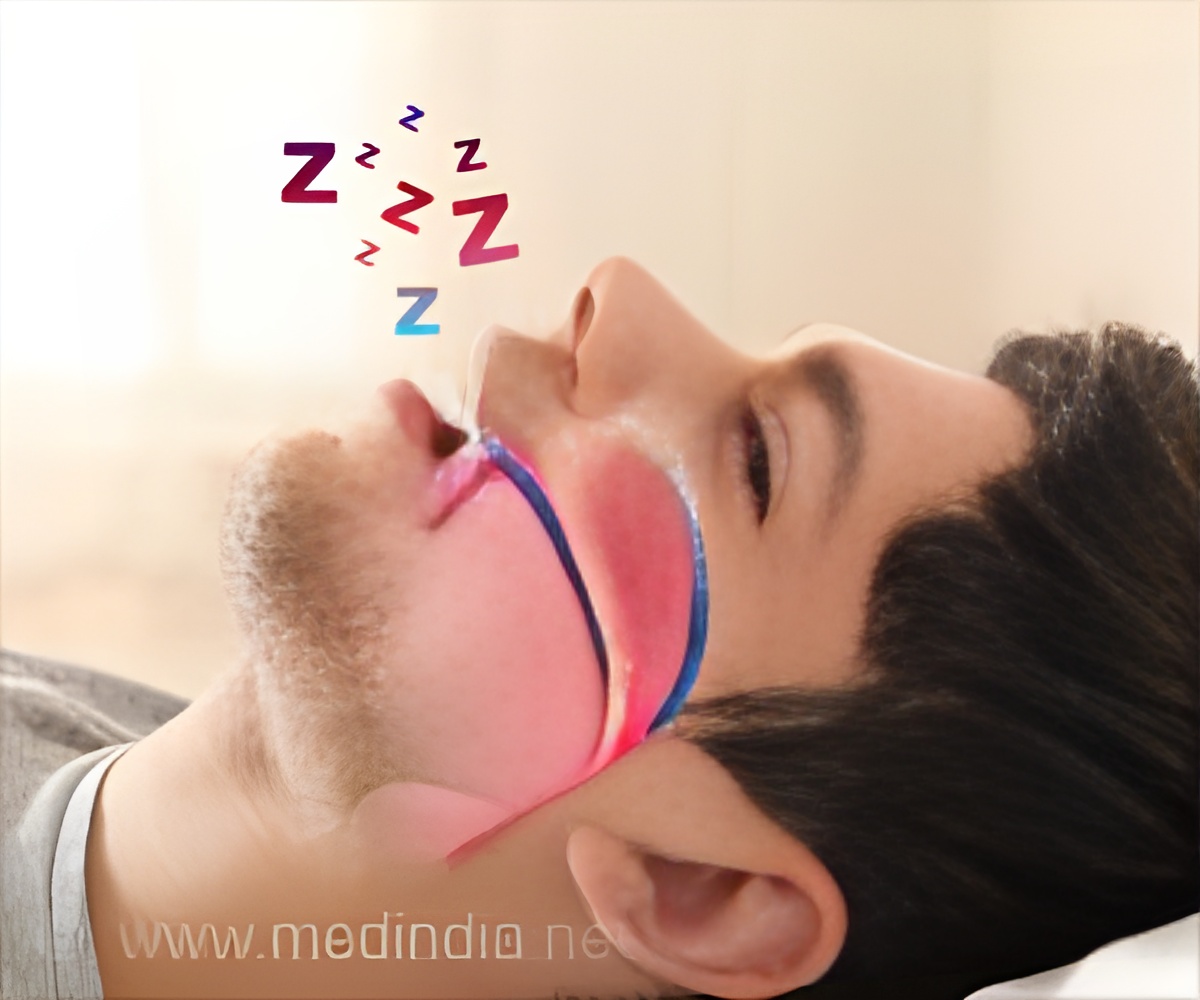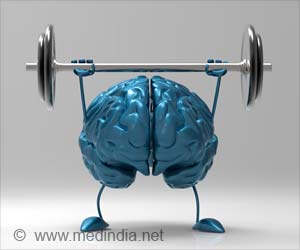Discover the potential link between sleep apnea and cognitive decline. Learn how people with sleep apnea symptoms may face higher risks of memory issues.

AAN 2024 Annual Meeting
Go to source).
Memory Problems More Likely in Sleep Apnea Patients
Sleep apnea is when people stop and restart breathing repeatedly during sleep which can lower oxygen levels in the blood. Symptoms include snorting, gasping, and breathing pauses. People with the disorder may also experience morning headaches or have trouble focusing on tasks. “Sleep apnea is a common disorder that is often underdiagnosed, yet treatments are available,” said study author Dominique Low, MD, MPH, of Boston Medical Center in Massachusetts, and a member of the American Academy of Neurology. “Our study found participants who had sleep apnea symptoms had greater odds of having memory or thinking problems.”‘Did you know? Sleep apnea may increase the risk of memory and thinking problems; emphasizes the need for early screening. #sleepapnea #cognitivedecline #memoryissues #mentalhealth #medindia’





The study involved 4,257 people. Participants completed a questionnaire asking about sleep quality, memory, and thinking problems. For sleep, participants were asked about snorting, gasping, or breathing pauses in their sleep. For memory and thinking, participants were asked questions related to difficulty remembering, periods of confusion, difficulty concentrating, or problems with decision-making.Did You Know?
Approximately 39 million U.S. adults have obstructive sleep apnea (OSA). 936 million adults around the world are estimated to have mild to severe OSA.
After adjusting for other factors that could affect memory and thinking problems, such as age, race, gender, and education, researchers found that people who reported sleep apnea symptoms were about 50% more likely also to report having memory or thinking problems compared to people who did not have sleep apnea symptoms.
“These findings highlight the importance of early screening for sleep apnea,” said Low. “Effective treatments like continuous positive airway pressure (CPAP) machines are readily available. Quality sleep, eating a healthy diet, regular exercise, social engagement, and cognitive stimulation may ultimately reduce a person’s risk of thinking and memory problems, improving their quality of life.”
Limitations of the study include that the data was sourced from one survey and participants reported their symptoms instead of being assessed by medical professionals. Additional studies are needed following people’s sleep apnea, memory, and thinking symptoms over time.
Advertisement
- AAN 2024 Annual Meeting - (https://www.aan.com/events/annual-meeting)















